16 Types of Childless Grief: Part Five
This is the fifth and final article in a series about childless grief, where I look at the 16 types of grief and how they relate to the childless, not by-choice experience. I suggest reading parts one, two, three and four first. If you feel overwhelmed at any point, take a break. Digest and reflect on what you have read, and return when you are up to exploring the other types of childless grief.
Knowledge is power. I will add that knowledge is also healing. While explanations of grief aren't inherently healing, having the language to describe your grief and the validation of a cause is the foundation of grief integration.
This article looks at:
15. Disenfranchised Grief
16. Secondary Loss
I think these types of loss describe the childless not-by-choice experience so well. When I heard about these types of grief, I sighed in relief as I found validation of my feelings and my experience. Books could be written about the disenfranchised grief and secondary loss of childlessness. This article briefly introduces the topics.
15. Disenfranchised grief of childlessness
When others don't validate your feelings of loss, grief is disenfranchised.
This invalidation can come from individuals, culture and society at large.
As there is so much shame and stigma around childlessness, it is hard to talk about and receive validation of the tremendous impact it has on your life. This leaves many women suffering in silence and not receiving the assurance and support they deserve. When there is space to talk about the childless experience, other people's discomfort with the topic often leads them to minimize or downplay our experiences' significant effect on us.
In general, grief is associated with death loss, and there aren't many latitudes given to those grieving other types of loss. If there isn't a death associated with your childlessness, chances are others don't realize its impact on you and your life. In many cases, if there is a death, people are hesitant to talk about it as they don't know what to say or how to offer support. This silence disenfranchises childless grief.
My story includes multiple pregnancy losses, which I view as deaths. Not one of my care providers offered grief counselling resources after these losses. It wasn't spoken of as something to grieve. I was repeatedly told how common it is. The implication was that I wasn't deserving or shouldn't expect the space to grieve because it is common.
There is even less understanding of the grief that comes with not having the chance to try and conceive due to being single, illness, disability, infertility, addiction, being with an unsuitable partner, your partner not wanting children, adoption dissolution or any other reason you don't have a child.
I have been asked numerous times when talking about the disenfranchised nature of childless grief; How can you grieve something you never had? (Ironic, I know. I'm talking about how this grief isn't recognized, and someone is taking me to task on it!)
You can grieve the child you never had because you are grieving the loss of the life you wanted, and the loss has a lifetime of implications. This is where secondary loss comes in.
16. Secondary Losses of Childlessness
The primary loss is that you don't have a child. The secondary losses are all the other losses (big and small) that cascade from the primary loss. Secondary losses are very frequently disenfranchised. The list of secondary losses is vast, so they will not all be listed here. Some common ones are:
the loss of creating the family you hoped for,
the loss of identity,
the loss of how you envisioned your life,
the loss of watching your child grow up,
the loss of seeing the world through your child's eyes,
the loss of parenting with your partner,
the loss of helping your child navigate the world,
the loss of making your parents grandparents,
the loss of handing down family treasures,
the loss of being a grandparent one day,
the loss of belonging,
the loss of healing intergenerational trauma,
And whichever loss you feel as a result of your childlessness.
There are plenty of opportunities to experience childless grief, and they are often invisible and unrecognized by others and society. This doesn't mean it isn't real. It is very real. You deserve to be witnessed and supported with compassion on your childless journey.
The grief of childlessness is a complex and individual experience that can manifest in various ways. Each type of grief deserves attention and support from loved ones and professionals. It is important to remember that there is no right or wrong way to grieve, and everyone should be allowed to process their emotions in their own time and manner.
Which types of grief do you relate to?
How does this show up in your life?
With patience, understanding, and compassion, we can help each other navigate through the difficult childless, not by choice, grief journey.
For support with integrating your childless grief, visit here.




